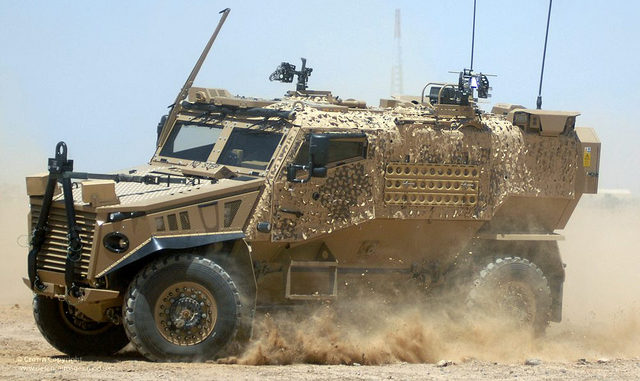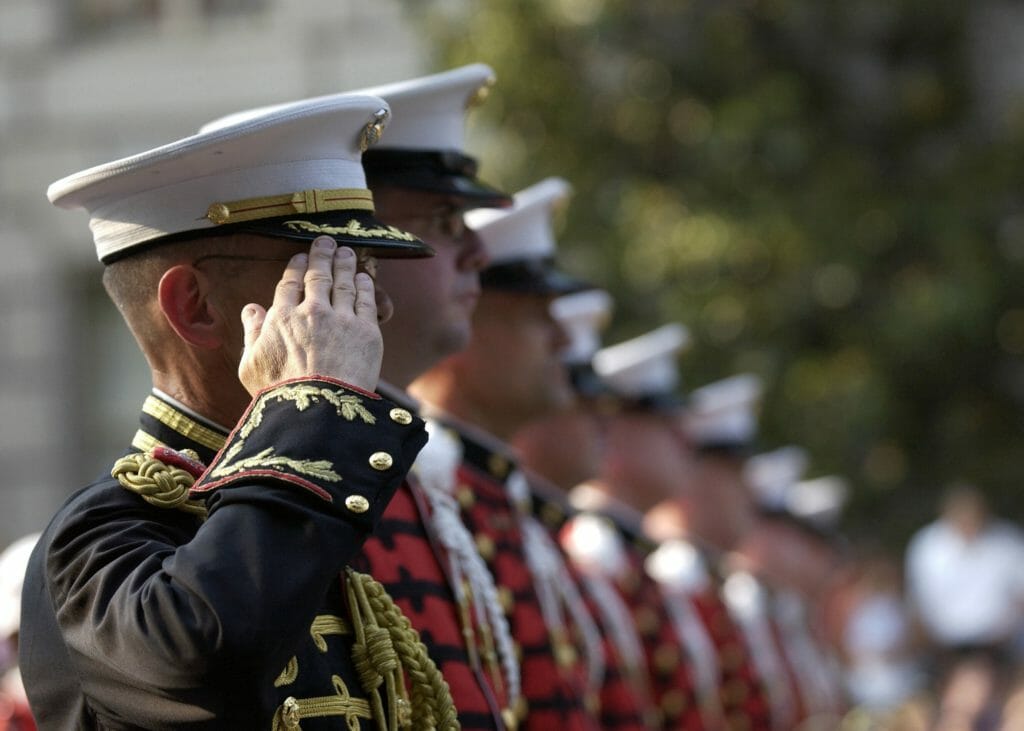
Why are Truck Driving Jobs a Great Fit for Veterans?
The brave men and women that have served our country often wonder what to do with their lives after they return from a tour of duty in the military. Truck driving jobs are often the answer for veterans.
Not everyone is a computer programmer or a doctor when they decide to leave the military, and many don’t want to be tied down to a factory job, doing the same thing day in and day out.

Our veterans are used to being mobile, moving on a moment’s notice, and taking the initiative to get the job done. The military even instills a sense of adventure.
Think about the skills that you learned in the military.
If you have already handled heavy equipment in the military or transported supplies from location to location, then you can use those same skills in the trucking industry as a veteran and make a lot of money doing it.
Veterans that have already handled hazardous materials are also well-prepared to handle loads which require a HAZMAT endorsement.
More reasons why veterans are a great fit for truck driving jobs:
- They can work in all weather conditions and under all different stress levels.
- Veterans have strong awareness of their surroundings, such as traffic, road conditions, the environment, etc.
- Servicemen have experience in detail-oriented process, such as route planning and timing.
- Veterans work well in teams, but they also thrive with a degree of independence. They don’t have to micromanaged. They just do the job.
- Veterans have the mental and physical stamina to endure long routes and extended driving time.
The Attitude Factor
Military veterans know when sacrifices must be made to get the job done. A truck driver can’t just call in sick when he doesn’t feel like working.
Veterans know that no one else can take their place and the load must get through if all possible. The delivery may be a critical load of great importance. The driver may be delivering much needed food or medicine. The American economy would shut down if the trucks stopped rolling.

Like experienced drivers, veterans know that the only obstacle that should halt the job is when the weather conditions are simply too dangerous to proceed.
If that truck can roll safely, then it needs to roll.
Veterans have experience reading maps and planning routes.
They always have a backup plan, just in case something goes wrong. And veterans know that something usually does go wrong.
Whether because of construction or an accident, no driver wants to get stuck on the road and wait around for hours. Experienced drivers know how to get around these obstacles, and this skill comes quickly to veterans as well.
Why Should Military Veterans Consider Truck Driving Jobs?
You just got home, and you have no idea what you want to do yet. Here are some reasons to consider truck driving as a career:
- You don’t want to return to your hometown just yet. You joined the military because you wanted to see the world, and you’re not ready to give that up.
- Now that you have seen other countries, you want to see your home country. Trucking pays you to travel the country you worked hard to protect.
- You want to travel for a while to figure out what you want to do.
- You want a great career that offers good pay and requires little schooling.
Especially for veterans that grew up in a small town, the military reveals just how large the world is. Many returning veterans don’t want to go back to their roots and settle down yet.

Additional Support for Veterans
Government agencies, like the FMCSA, proudly support our armed service members, and they help returning veterans get new careers in the transportation industry.
Veterans with driving experience in the military can even apply for a waiver from the driving skills test.
With a military skills waiver, veterans earn their Commercial Driver’s License (CDL) much faster than other aspiring truckers.
Even if you don’t get a waiver, the GI Bill offers financial support for veterans looking into trucking school.
Other Benefits
Many veterans simply find it difficult to get a job when they return. Truck driving jobs offer strong pay and benefits packages that might interest them.
As a bonus, a career in truck driving does not require veterans to attend a four-year university and sit in a classroom all day to get a job.
The transportation industry, as a whole, has many opportunities as well. Driving is just the tip of the iceberg. Transportation includes jobs in logistics, training, and even management.
All of these careers fit veterans well, and they would not possible without some knowledge of how trucking works. And the best place to get that knowledge and experience is by getting behind the wheel yourself.
Truck driving allows veterans to immediately take employment after deployment.
